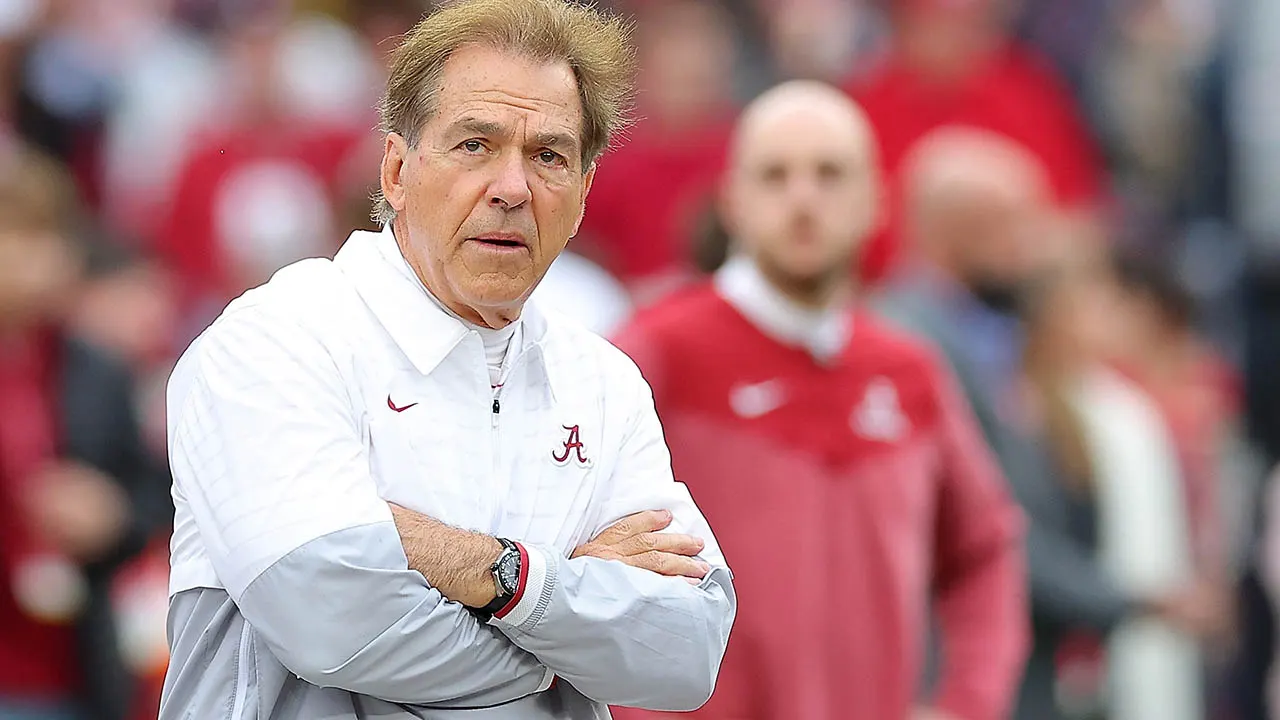
Alabama Football: The Suspension of Players and Coaches
The world of college football is often marked by high expectations, intense competition, and the pressure to perform.
At the University of Alabama, a program with a storied history and a passionate fanbase, these pressures can sometimes lead to unfortunate incidents. Recently, Alabama Football faced a significant controversy as the program denied and suspended seven players, including their head coach, due to allegations of misconduct that have sent shockwaves through the college sports community.
Background
Alabama football is synonymous with excellence, largely due to its successful recruiting strategies, robust training programs, and the legendary status of its head coaches, including Nick Saban. The university has consistently been a powerhouse in the NCAA, frequently competing for national championships and producing numerous NFL prospects. However, with such prestige comes scrutiny, particularly regarding player behavior and adherence to team and university policies.
The Allegations
The suspension of the seven players, along with the head coach, stemmed from a series of allegations that involved violations of NCAA regulations and potential misconduct. Reports indicate that the players and coach were involved in activities that not only jeopardized the integrity of the program but also raised questions about the university’s commitment to upholding its ethical standards.
While specific details surrounding the misconduct have not been fully disclosed, the implications are serious. Violations in college athletics can range from issues related to academic integrity, improper benefits, and substance abuse to more severe legal infractions. The fact that both players and coaching staff are implicated suggests a systemic issue within the program that needs to be addressed.
Impacts on the Team
The immediate impact of these suspensions is significant. Alabama’s football season was expected to be a strong one, with the team aiming for another run at the national championship. However, the absence of key players and a head coach alters the team’s dynamics and game strategy. The players involved in the suspension were likely pivotal to the team’s success, both on and off the field. Their absence could diminish the team’s performance, leading to losses that could affect rankings, bowl eligibility, and recruiting for the future.
Moreover, the suspension raises questions about the team’s culture. It is critical for a successful football program to foster an environment of accountability and discipline. The fact that these issues surfaced indicates a potential breakdown in that culture, which could have long-lasting effects on current and prospective players.
Reactions from Stakeholders
The reactions from various stakeholders have been swift and pointed. Fans, who have historically rallied behind their team, have expressed disappointment and concern over the program’s direction. Many have taken to social media to voice their opinions, revealing a divide between those who support the players and those who believe accountability must be enforced.
Alabama’s administration has also faced scrutiny. The decision to deny and suspend the players and coach suggests a commitment to uphold the university’s values, but it also exposes the institution to criticism regarding its oversight of the football program. Critics may argue that the university has not done enough to prevent such misconduct from occurring in the first place.
From a recruiting perspective, this incident could have lasting implications. High school athletes often look at the stability and integrity of a program when making their college decisions. The negative publicity surrounding the suspensions might deter potential recruits who are wary of joining a program facing disciplinary actions.
Legal and Ethical Considerations
The situation also raises important legal and ethical questions. Depending on the nature of the alleged misconduct, there could be legal ramifications for both the players and the coach. The university must navigate the complex landscape of NCAA regulations while ensuring that the rights of the individuals involved are respected. This balance is crucial, as mishandling the situation could lead to further repercussions for the university and its athletics department.
Ethically, the situation underscores the responsibilities of college athletes and coaches. They are not only representatives of their university but also role models for younger athletes and fans. The actions of these individuals have far-reaching consequences, and the university has a duty to maintain a culture of integrity and respect within its program.
The Path Forward
Moving forward, Alabama football must address the underlying issues that led to this controversy. This includes not only implementing stricter oversight and compliance measures but also fostering an environment where players feel empowered to make positive choices. Education programs focusing on ethics, behavior, and the consequences of misconduct can play a vital role in reshaping the team culture.
Furthermore, the administration will need to communicate transparently with fans and stakeholders about the steps being taken to rectify the situation. Rebuilding trust will take time, but with a proactive approach, the program can emerge stronger and more resilient.
Conclusion
The denial and suspension of seven players and a head coach within the Alabama football program highlight the challenges that can arise in the high-stakes world of college athletics. While the immediate effects on the team may be detrimental, this situation also presents an opportunity for growth and reform. By addressing the root causes of the misconduct and reinforcing a culture of integrity, Alabama football can work towards restoring its reputation and ensuring
that its legacy of excellence continues.

Leave a Reply